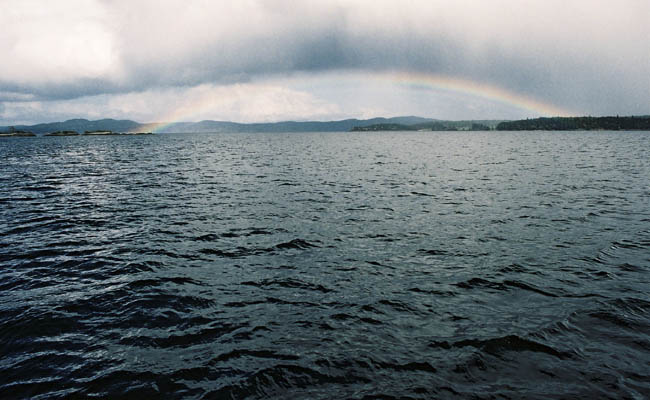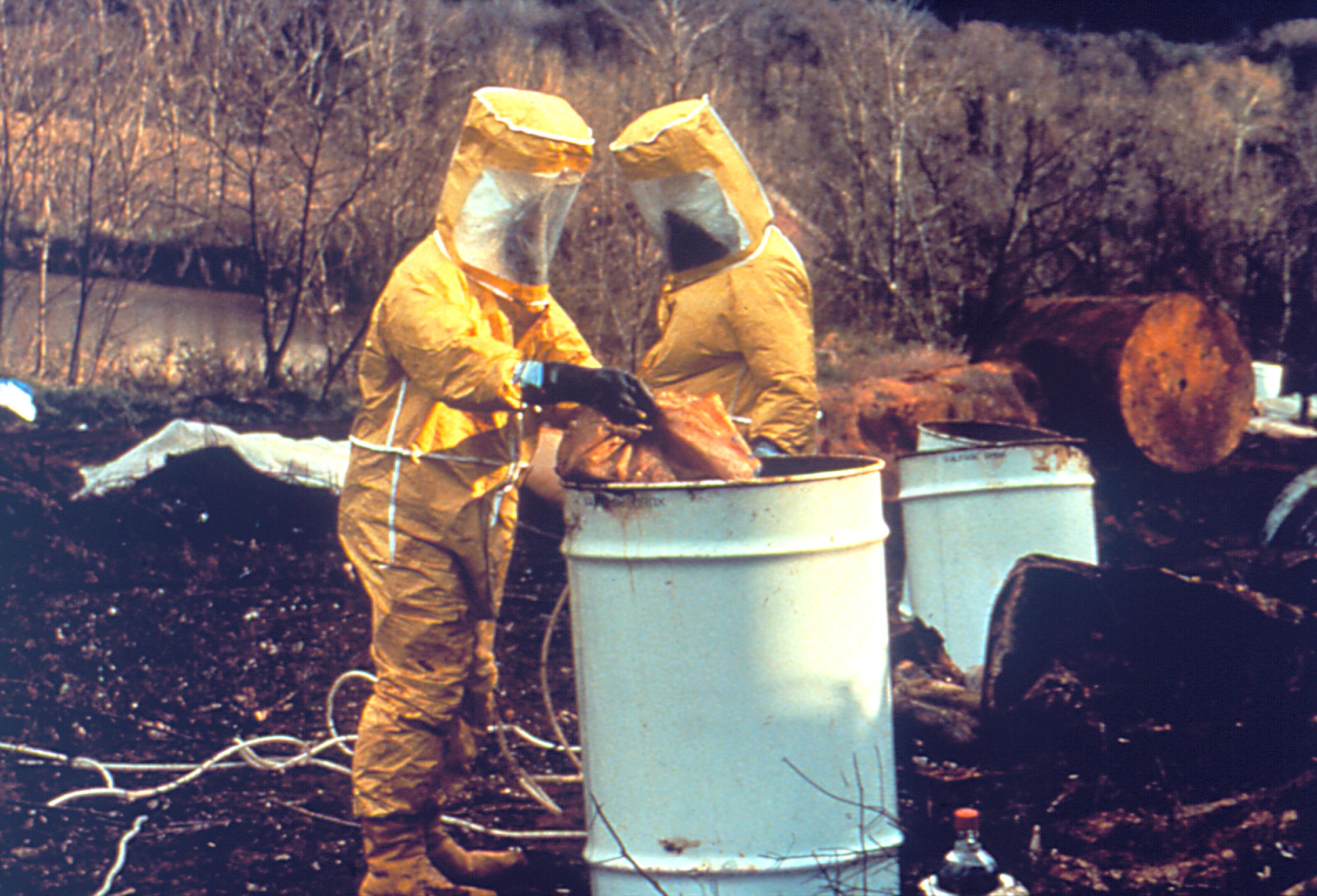Water, it's like biological fuel. It is critical for all life processes and without it, life as we know it wouldn't exist. You might be wondering, "How can we running out of water? I mean water covers 71% of the earth's entire surface, there's plenty to go around right?"
As many of you probably already know, fresh water only makes up about 3% of entire water supply on earth. Only about less than 1%, is readily accessible, such as "ground water" and such. The other 2% is locked away in glaciers and the icecaps; So we can't just go up there, and put a stove under it and expect fresh water to fill our pools and wash our cars.
The other 97% is undrinkable without purification, which means that there's too mach harmful microorganisms, salt, chemicals, pesticides, or just plain ol' death in the water. Purifying it isn't that simple too, it's not a problem we can throw a few dollars at, and expect oceans full of clean water and smiling fish.
The demand is increasing (Population is increasing), and the supply is diminishing (Pollution, and contamination). So lets take a look at possible outcomes.
Below is purely speculation. But isn't everyone here for speculation? -insert winking here-
Below will be a extremely positive outlook, so we aren't doing "worst case scenario" here, this could possibly be the "best case scenario". We are ignoring the amount of water that is evaporated, or contaminated throughout the years. Also, we are doing a speculation without external influence, so we aren't going to suggest we discover aliens that bring water from their home planet to give it to us in exchange for our Honey Bees.
The earth has an estimated amount of 1,260,000,000,000,000,000,000 liters of water, and about 3 percent of that is drinkable.
Three percent of 1,260,000,000,000,000,000,000 liters of water is: 37,800,000,000,000,000,000 liters of water.
The available fresh water that we can actively access is about 1%. (Actually, it's less then 1%, but for the sake of easier math, and positive outlook, we'll do 1%.)
One percent would be: 12,600,000,000,000,000,000 liters of water.
That amount of water is our "total available amount of water".
1. A person should drink 64 oz. of water a day, giving us 690.8355 liters a year per person. There are about 7 billion people living in planet earth, which give us, 4,835,848,500,000 liters of water a year.
Now, we all don't just sit around drinking water all day, we use water for other things too.
The three other things we will account for is showering(Showers use less water then bathes, so this would be a modest amount.), bathroom use, and washing clothing. Everyone in the world does it, some more then others.
2. The average shower takes up 87 liters of water, let's say everyone takes a shower at least once every two days. That's 111,142,500,000,000 liters world-wide a year.
3. Everyone's gotta poop, Tara Gomi will tell you that (She is the author of "Everybody Poops", duh.), a normal toilet uses about 22.5 liters a flush. In a perfect world, everyone would flush the toilet at minimum, three times a day. (For three uses) In total, that's 172,462,500,000,000 liters used, world-wide a year.
4. Regardless to what many believe, people have clothing. I know that alone is already a mind-blowing revelation, but lets move on.
Generally, both washing machines and washing clothes manually (People still do that? Crazy!) takes up about 85 liters per wash. Being as modest as possible, lets say people wash their clothes about every two days. Fair enough? That's about 108,587,500,000,000 liters of water world-wide used.
Generally, both washing machines and washing clothes manually (People still do that? Crazy!) takes up about 85 liters per wash. Being as modest as possible, lets say people wash their clothes about every two days. Fair enough? That's about 108,587,500,000,000 liters of water world-wide used.
That's the overall basic necessities. Not everyone has beautiful pristine lawns to care for, and two million dollar cars to clean daily.
Let's combine all three numbers together. Which is 392,192,500,000,000 liters of water used a year, at bare minimum.
Using water at this specific rate, and not accounting for the current extreme population climb, which would severely affect the outcome, we have about 32,127 years worth of water left on earth. Remember that in this current prediction, we are suggesting that nobody ever dies, nobody ever is born, and we will continue to persistently use that amount of water daily.
If we were to include the water used from water parks, daily car washing's, and other various industrial uses, we could add about 150,000,000,000,000 liters yearly per reason, which would tick down the years drastically.
32,127 years would be our maximum amount of time left before actions will have to be taken.
But with the current lack of care and recognition of conserving the few sources of water we have left, we can probably begin to countdown much earlier from that date.
Hold your horses, we aren't done yet. According to "water.usgs.gov", a average person uses about 90 gallons a day, or about 341 liters a day, If we took that amount instead of our own "calculations", we would get 124,465 liters from one person yearly, now lets times that by seven million. Which is, 871,255,000,000,000 yearly world-wide.
If you were to calculate it, we would be shy 17,665 years of our previous estimate. We would actually have, 14,462 years before we run out of fresh water. Which is about 144 and a half generations down, before we need to take action, or run out of water.
Don't think, "That's it?" Way before that, water won't be costing pennies as it does now. A few generations down, and we may have water priced as oil(?) today. Wait a few more, and it'll be compared to gold(?). A few more, and you'll be on the Guinness World's Record for being hardcore and beating death.
144 and a half generations is what I would call a "ball-park estimate". As said before, the increasing contamination of fresh waster sources, might leave your great grand children exclaiming in minor dis-satisfaction of their demise.
In conclusion of our little "study" here, let's look at the actual percentage. It's not 1%. According to "http://www.globalchange.umich.edu", there is only about 0.007% available for human use and is self-sustainable thanks to rain and snow fall. Let's play along towards the "worst case scenario". Just for the gags okay?
0.07 percent of the world's water supply is: 88,200,000,000,000,020 liters of water.
If we calculate along the lines of '90 gallons a day per person", we would have 101 years before "doomsday".
That's basically the worst case scenario, in which the water couldn't replace itself. So we could most likely say that fresh water will not run out before 101 years. So this generation, is 'good'.
Our children on the other hand.











